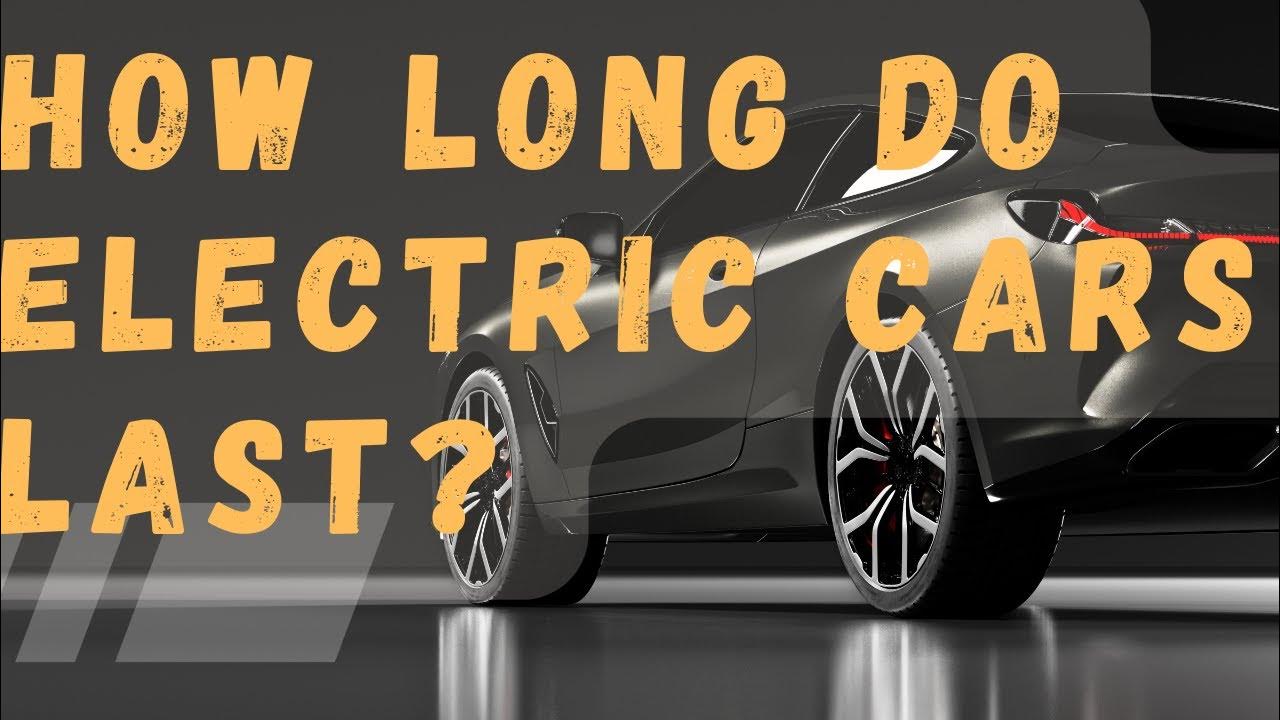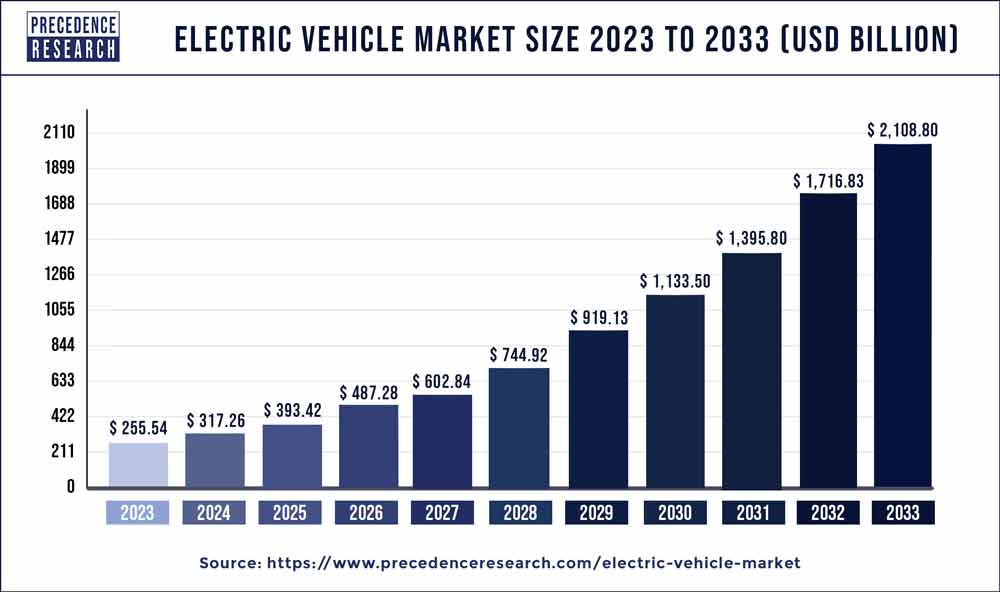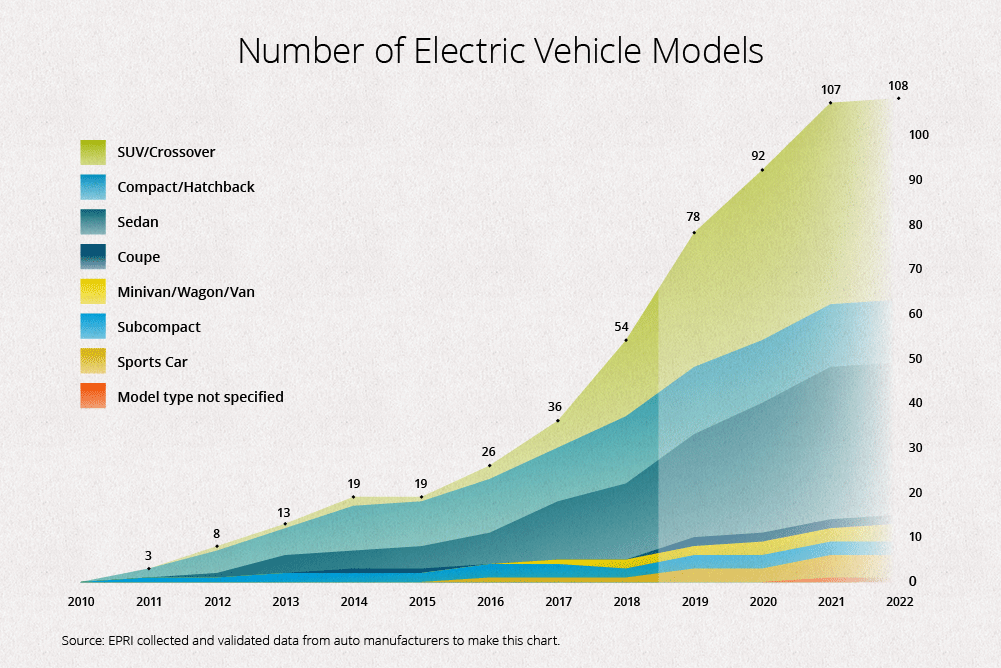Unbelievable Info About Will Electric Cars Last 10 Years

How To Afford An Electric Car
The Electric Car Longevity Question
1. Decades of Driving Ahead?
So, youre thinking about joining the electric revolution? Awesome! But a nagging question might be buzzing in your brain: "Will electric cars last 10 years?" It's a fair question, especially when youre shelling out some serious dough. After all, nobody wants a high-tech paperweight gathering dust in their driveway after just a few years.
Think about it this way: traditional gasoline cars have a well-established track record. We know (more or less) what to expect in terms of maintenance and lifespan. Electric cars, on the other hand, feel relatively new. This novelty can breed uncertainty. But don't let that deter you just yet! Let's dig into the factors influencing how long these electrifying machines stick around.
The good news is, current evidence suggests electric vehicles (EVs) are actually pretty durable. Their mechanical simplicity compared to internal combustion engines (ICE) is a major plus. Fewer moving parts generally mean less to break down. Plus, electric motors are known for their robustness and longevity.
Essentially, the core of your concern probably revolves around the battery pack. That large, expensive component is the heart and soul of your EV. If the battery dies, so does your EV's ability to, well, move. We'll tackle battery life in detail shortly.

How Long Do Electric Cars Last? YouTube
The Battery
2. How Long Will My Battery Actually Last?
Okay, lets talk about the elephant in the room: the battery. This is the component everyone worries about, and understandably so. Its the most expensive part of the car, and its health directly impacts your EV's range and overall performance.
Modern EV batteries are designed to last a long time, and many manufacturers offer warranties that cover them for at least eight years or 100,000 miles (often more). But thats just the warranty. Real-world data suggests many EV batteries can exceed those figures quite comfortably. Degradation is inevitable, of course. Over time, your battery's capacity will decrease, meaning you won't be able to drive as far on a single charge. But "degradation" doesn't necessarily equate to "failure." Think of it like your phone battery it might not hold a charge like it used to, but it still works, right?
Several factors influence battery degradation, including charging habits, driving style, and climate. Rapid charging (using DC fast chargers) frequently can accelerate degradation, as can consistently draining the battery to near-zero. Similarly, extreme temperatures (both hot and cold) can negatively impact battery health. However, most EVs have sophisticated battery management systems that help mitigate these effects. These systems monitor temperature, control charging rates, and balance the cells within the battery pack to maximize its lifespan.
So, the answer to the question "Will electric car batteries last 10 years?" is a resounding probably, yes for many drivers, and often even longer. With careful use and proper maintenance, you can expect your EV battery to provide many years of reliable service. And even when the battery's capacity does start to diminish, it doesn't mean the end of the road for your EV. Battery replacements are becoming increasingly affordable, and repurposing old EV batteries for stationary storage is also a growing trend.

Electric Vehicle Market Size, Share, Trends, Growth, Report By 2033
Beyond the Battery
3. It's Not Just About the Battery
While the battery understandably takes center stage in the EV longevity discussion, its important to remember that electric cars are, well, cars. They have tires, brakes, suspension systems, and all the other components youd find in a traditional gasoline vehicle. These components will require maintenance and eventual replacement, just like in any other car.
The good news is, many of these components tend to last longer in EVs than in ICE cars. For example, regenerative braking, a feature common in most EVs, significantly reduces wear and tear on brake pads. This is because the electric motor assists in slowing the vehicle down, lessening the burden on the friction brakes.
Similarly, EVs have fewer fluids to worry about. There's no engine oil to change, no spark plugs to replace, and no exhaust system to rust out. This translates to less frequent (and often less expensive) maintenance visits. However, EVs do have coolant systems to regulate battery temperature, and these systems will require periodic servicing. And, of course, youll still need to top up your windshield washer fluid!
Ultimately, while an EV might require less frequent maintenance overall, it's essential to keep up with the manufacturer's recommended service schedule. Regular inspections can help identify potential problems early on, preventing them from escalating into more costly repairs. Treat your EV well, and it's likely to treat you well in return — for many years to come.

Factors Affecting EV Lifespan
4. The Recipe for EV Longevity
So, what influences how long your electric chariot will grace the roads? Several key factors come into play. First, driving habits matter. Slamming on the accelerator and braking hard frequently will take a toll on the battery and other components. A smoother, more moderate driving style will help extend their lifespan.
Charging habits are also crucial. As mentioned earlier, frequent fast charging can accelerate battery degradation. Whenever possible, opt for slower, Level 2 charging at home. And avoid consistently charging the battery to 100% or letting it drain down to zero. Keeping the battery within a moderate state of charge (e.g., 20% to 80%) is generally best for long-term health.
Climate plays a significant role, too. Extreme temperatures can be hard on batteries. If you live in a scorching desert or a frigid arctic region, consider investing in a battery thermal management system (if your EV doesnt already have one). This system helps regulate the battery's temperature, protecting it from excessive heat or cold.
Finally, regular maintenance is key. Adhere to the manufacturer's recommended service schedule, and don't neglect those routine check-ups. Addressing minor issues promptly can prevent them from turning into major headaches down the road. By being mindful of these factors, you can significantly increase the likelihood that your EV will provide many years of reliable service.

The Cowl Of A Car Unveiling Its Secrets And Importance Auto Bliss Pro
The Verdict
5. Future Proofing Your Ride
Alright, lets bring it all together. "Will electric cars last 10 years?" Based on current data and trends, the answer is a confident yes, and in many cases, significantly longer. Electric cars are designed to be durable and long-lasting. The battery, while a key concern, is built to withstand years of use. With proper care and maintenance, you can expect your EV to provide a decade or more of reliable service.
Think of the potential benefits: Lower fuel costs, reduced emissions, and a smoother, quieter driving experience. Plus, as technology continues to advance, EV batteries are becoming more efficient and longer-lasting. The future of transportation is electric, and that future looks pretty bright (and long-lasting).
So, if you're considering making the switch to an EV, don't let concerns about longevity hold you back. Do your research, choose a reputable brand, and drive responsibly. You might just find yourself pleasantly surprised by how long your electric companion sticks around.
Remember, investing in an electric vehicle is not just about buying a car; it's about investing in a more sustainable and technologically advanced future — a future where those "Will electric cars last 10 years" questions are relics of the past.

Projected Electric Vehicles 2024 Us Orly Orelie
Frequently Asked Questions (FAQs)
6. Your EV Questions Answered
Still have questions about EV lifespan? Here are some common ones:
Q: What happens when my EV battery finally dies?A: Even when an EV battery reaches the end of its usable life in a car (typically around 70-80% of its original capacity), it doesn't necessarily become garbage. Many companies are repurposing these batteries for stationary energy storage, such as powering homes or businesses. Battery recycling is also becoming more prevalent. A new battery pack can also be installed if the rest of the vehicle is in good shape.
Q: Are there specific EV models known for their longevity?A: While it's still relatively early in the EV revolution to definitively declare certain models as "longevity champions," Tesla vehicles have generally shown good battery performance over time, based on available data. However, other manufacturers are also producing high-quality EVs with long-lasting batteries. Ultimately, your mileage may vary depending on your driving and charging habits.
Q: Will EV batteries continue to improve in the future?A: Absolutely! Battery technology is rapidly evolving. We can expect to see even more energy-dense, longer-lasting, and more affordable batteries in the years to come. Solid-state batteries, for example, are a promising technology that could offer significant improvements in terms of range, safety, and lifespan.